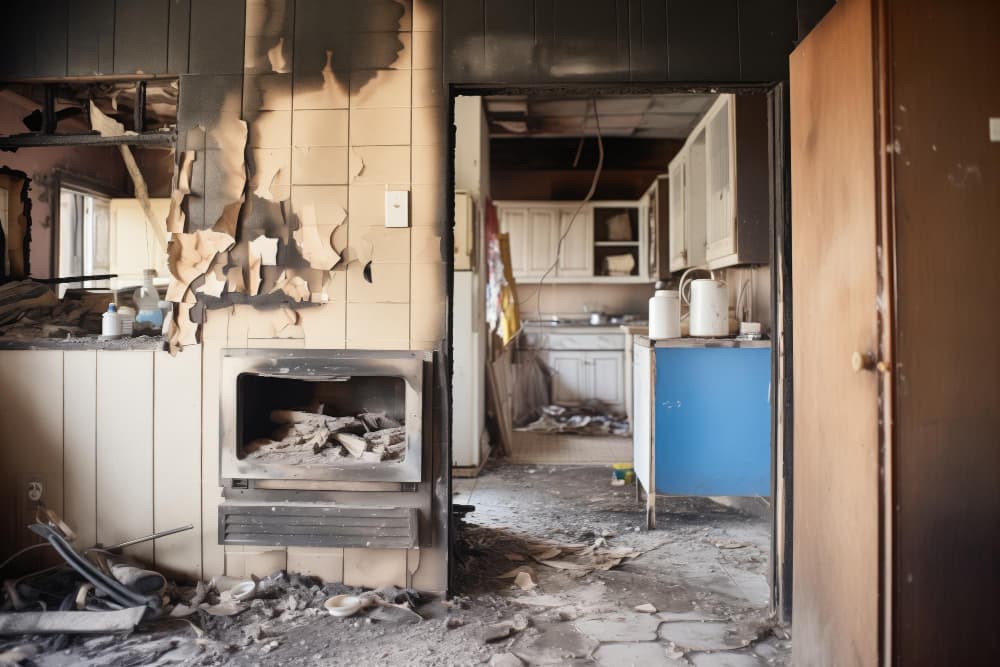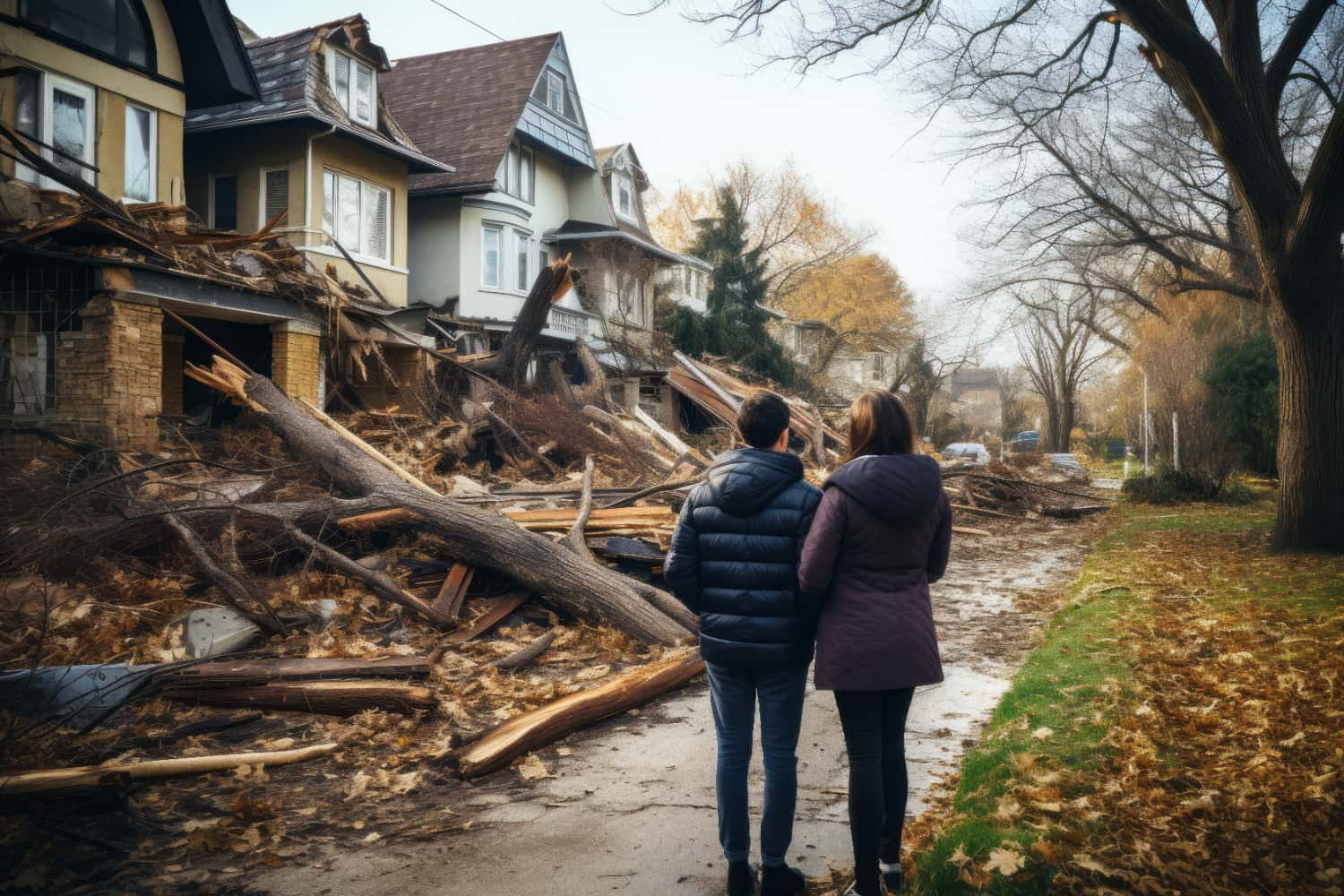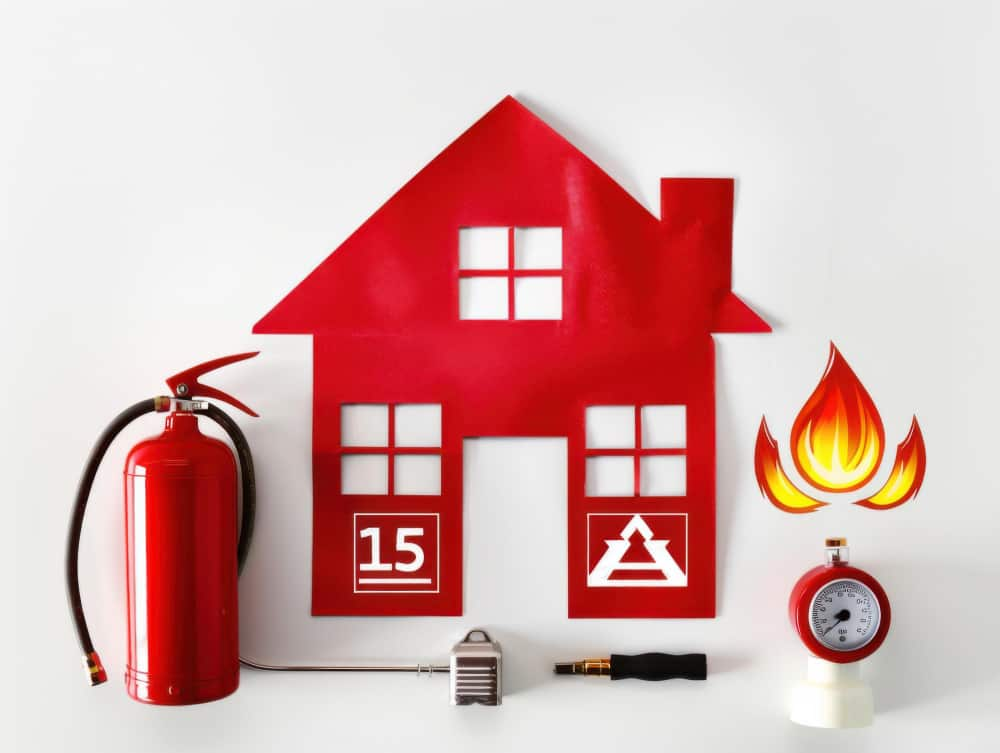Summer is a season of warmth, relaxation, and outdoor activities, but it also brings unique challenges that can lead to property damage. Understanding the common property insurance claims during this season can help homeowners take preventive measures and know what to do if they need to file a claim. Here are some of the most frequent summer property insurance claims and tips on how to handle them.
1. Storm Damage
Summer often brings severe weather, including thunderstorms, hurricanes, and tornadoes. These storms can cause significant damage to homes, such as:
- Roof Damage: High winds and hail can damage roofs, leading to leaks and structural issues.
- Flooding: Heavy rains can cause flooding, especially in low-lying areas or regions with poor drainage.
- Lightning Strikes: Lightning can cause fires or damage electrical systems and appliances.
To mitigate storm damage, ensure your roof is in good condition, clear gutters and drains, and consider installing a lightning protection system. If you experience storm damage, document everything with photos and videos and contact your insurance company immediately to start the claims process.
2. Water Damage
Apart from storms, summer can bring water damage through other means, such as:
- Burst Pipes: Increased water usage during the summer can put extra pressure on plumbing systems, leading to leaks or bursts.
- Sprinkler Systems: Malfunctioning sprinkler systems can flood your yard and even seep into your home’s foundation.
Regular maintenance of your plumbing and sprinkler systems can prevent many of these issues. If water damage occurs, document the damage and dry out the area as quickly as possible to prevent mold growth. Keep all receipts for repair costs to support your insurance claim.
3. Fire Damage
The risk of fire increases during the summer due to:
- Grilling and Outdoor Cooking: Careless use of grills and outdoor cooking equipment can lead to accidental fires.
- Wildfires: In dry, hot climates, wildfires can spread rapidly and threaten homes.
Always follow safety guidelines when grilling and maintain a safe distance between the grill and any flammable structures. In wildfire-prone areas, create a defensible space around your home by clearing away dry vegetation and using fire-resistant materials in your landscaping. If a fire occurs, notify your insurance company and provide detailed documentation of the damage.
4. Theft and Vandalism
Summer vacations often leave homes unoccupied, making them targets for theft and vandalism. To protect your property:
- Security Systems: Install a reliable security system with cameras and alarms.
- Neighborhood Watch: Coordinate with neighbors to keep an eye on each other’s properties.
- Secure Valuables: Keep valuables out of sight and ensure doors and windows are locked.
If you experience theft or vandalism, file a police report immediately and provide the report to your insurance company along with any evidence of the incident.
5. Pool Accidents
Having a pool is a great way to beat the summer heat, but it also poses risks, such as:
- Injuries: Slip and fall accidents around the pool or drowning incidents.
- Damage: Pool equipment malfunctions or structural issues.
To reduce these risks, enforce safety rules, install barriers around the pool, and regularly inspect and maintain pool equipment. If an accident occurs, document the incident and inform your insurance company, as liability coverage may come into play.
6. Pest Infestations
Summer can also bring an influx of pests, such as termites, ants, and rodents, which can cause structural damage to your home. Regular inspections and pest control treatments can help prevent infestations. If you discover damage caused by pests, contact your insurance company to understand your coverage and begin the claims process.
Tips for Filing Property Insurance Claims
Filing a property insurance claim can be daunting, but following these steps can simplify the process:
- Document the Damage: Take photos and videos of the damage from different angles. Keep receipts and records of any repairs or temporary fixes.
- Contact Your Insurance Company: Notify your insurer as soon as possible and provide them with all the necessary documentation.
- Understand Your Policy: Familiarize yourself with your insurance policy to understand what is covered and any deductibles or limits that apply.
- Hire a Public Adjuster: If you need assistance navigating the claims process, consider hiring a public adjuster. At Atlantic Adjusting Co., we have over 30 years of combined experience helping homeowners maximize their insurance claims.
Conclusion
While summer brings its share of property insurance claims, understanding the common risks and taking preventive measures can help protect your home. If you do need to file a claim, being prepared and knowing what to expect can make the process smoother. For expert assistance with your property insurance claims, Contact Atlantic Adjusting Co. Our experienced team is here to help you through every step of the process, ensuring you receive the compensation you deserve.


















 Melissa Peña
Melissa Peña Anthony Peña
Anthony Peña Paul Peña
Paul Peña Daniela Pagliari
Daniela Pagliari